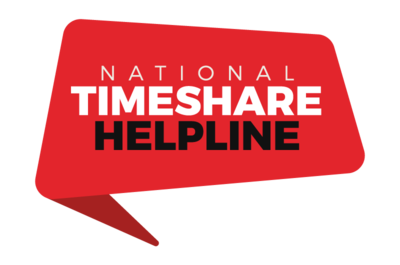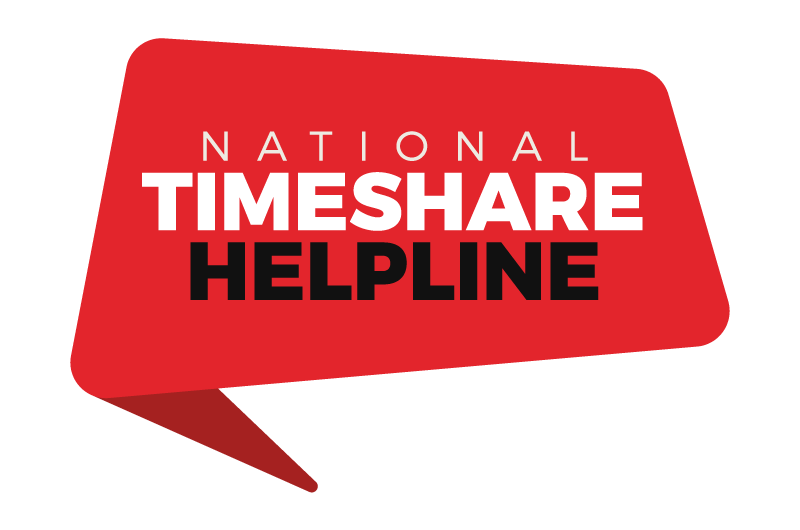Bailiffs and Debt Collectors
We regularly get enquiries regarding unpaid maintenance fees ,Timeshare finance debts and debt collectors. The below in- depth guide provides the information that you require. If you require support or legal assistance in dealing with a Timeshare debt, then get in touch.
A debt collector cannot take your goods without your consent, and you do not have to agree to your goods being taken. They also cannot enter your property without consent. A debt collector has no more rights than your creditor; read the information below for more details on debt collectors versus bailiffs.
You should know:
- Bailiffs are authorised by courts to recover debts or goods that can be sold to pay off a debt.
- Debt collectors are not bailiffs. They have no legal right to seize property, and have no more power than the person you owe money to.
- You do not have to let a bailiff into your home, but if you do they can seize property. In most situations, bailiffs have the right of peaceful entry. This means that they cannot break glass, but they can gain access via an open door.
- If they make a peaceful entry, you have to allow the bailiff into your home. Once the company has entered your home, it can come back at any time to collect goods.
- Bailiffs are not allowed to force their way past you or put their foot in the door. If they do, take a photo with your phone if possible and remind them of your rights.
- In addition, bailiffs cannot visit your premises between 9pm and 6am, or if there is anyone under 16 or vulnerable (such as being disabled) present.
- Try to settle your debt at the earliest opportunity. To avoid additional bailiff fees, aim to pay before they visit you.
- Bailiffs are not allowed to use threatening behaviour or lie to gain access to your property.
- You should be given at least seven days’ notice that a bailiff is visiting you. This gives you a chance to settle the debt beforehand.

Differences Between Debt Collectors and Bailiffs
If your debt is related to a credit card, overdraft, mobile phone payment or similar, your creditors cannot send in bailiffs, but they can use a doorstep collector. If the latter comes to your door, ask them to leave and request that they contact you by letter only.
If you have missed between three and six payments, you could be deemed to be in default on your original agreement. Interest can be added to your bill, and the money debited from the related accounts.
Your debt can be passed to a debt-collection agency, but they do not have any more powers than the firm to whom you owe money. The company can approach the courts and apply for a County Court Judgement (CCJ). The court will set repayment terms for the debt: it is important that you adhere to these.
Bailiffs or enforcement agents will be instructed to recover debt if it is related to council tax, income tax or similar, or following a court action in which they are granted the power to take items. There are different types of bailiff including certificated enforcement agents, high court enforcement officers, county court and family court bailiffs, and civilian enforcement officers.
To use a bailiff, creditors must obtain a ‘warrant of execution’ from a county court. Once the warrant is issued the bailiff has certain powers, and can enter a debtor's house and seize property.

Bailiff Notice
If you have received a bailiff’s notice in the post, you can pay the outstanding amount before they visit you. If you cannot afford to pay this, you should immediately seek advice from a debt counselling service such as Citizens Advice.
Do not ignore a notice from the bailiff, as you will inevitably end up owing more fees and costs.
It is a legal requirement for a bailiff to give you at least seven days’ notice of their visit.

Bailiff’s Identification
Before you allow a bailiff into your property or pay them any money, ask to see their identification. This might be a badge, ID card or enforcement agent certificate.
Documentation
A bailiff is required to issue you with certain documentation. If you receive a visit from a bailiff and have not received any notice or documentation, you should ask to see their identification (ideally through a window, as you shouldn’t ask them in), and immediately contact the bailiff’s company. This should delay the action of the bailiff, and new documentation can be issued in due course.
When you receive a bailiff’s notice you must check that:
- The information is correct;
- The documentation was delivered to you correctly;
- You have been given the correct notice period.
If there are errors with a notice, or it does not contain the correct information, you can complain to the bailiff. They should take appropriate action, including delaying the notice and reissuing the correct notice.
Notice of Visit
A notice of enforcement must be sent to you before a bailiff can visit. It tells you the reasons for the intended visit, and how you can potentially stop the action by paying the debt you owe. It will also detail any other options you have.

Writ of Control
If you have a high court judgment against you, and you don’t pay your debt, the creditor can apply to the court for a Writ of Control. This permits the bailiff to take goods from you to cover the debt and their costs.
Warrant of Control
A Warrant of Control is issued by a county court if there is a judgement already outstanding against you, you haven’t paid a court fine, or you owe maintenance payments.
Warrant of delivery
If a court issues an order to take back any goods for a creditor, it is called a Warrant of Delivery.
Bailiff’s access to the property
You do not have to let the bailiff in, and they usually cannot force their way in (unless you owe tax or criminal fines). If you do not let the bailiff in, they cannot enter your home.
Bailiff fees
The fees charged by bailiffs are set by the courts; in addition, they can charge a percentage of the debt if the debt is more than £1500 (or £1000 for high court writs). You will be charged for each stage of the process, including letters and visits to you. If you are able to pay the debt as early as possible you will save bailiff fees, which are sometimes costly.

Understanding the Powers of a Debt Collector
A debt collector is not allowed to harass you; you have a duty to keep your creditors informed of your situation, but that doesn’t mean that they can ring you multiple times a day. You can request that they only contact you in writing.
They cannot break data-protection laws, so they cannot speak to your family, friends, neighbours or an employer about your debt issues.
They might threaten to use bailiffs, but – unless you have defaulted on a CCJ – they are referring to a doorstep collection agent rather than a bailiff. This is often used as a scare tactic: anyone who visits your property has no more power than someone calling you on the phone. You don’t need to converse with them on the doorstep if you’d prefer to discuss matters over the telephone or by letter, but they do have the right to send someone to your property. However, they cannot force entry into your home and they cannot take goods without your consent.

Debt Collectors and Debts
Remember that interest and charges can be added to your account in line with the original agreement.
Money can be taken from connected accounts. For example, if you have a credit card and a current account with the same bank, money can be taken from the current account to pay the debt on the credit card. The bank doesn’t need your permission to do this.
You can also be issued with a default notice, usually sent after three to six missed payments. This is something that your creditors are legally required to send once you have defaulted on the original agreement.
You creditors can apply for a County Court Judgement (CCJ). If you receive one you must fill in the paperwork and make an offer of repayment for the court to consider. The court will set a repayment figure, and it’s important that you stick to this.
Some collection agencies issue a statutory demand, which is a way of enforcing bankruptcy. However, in most cases these are used as a scare tactic; it’s unusual for creditors to enforce them.

Raising a Complaint
If you feel that a bailiff has acted inappropriately, you should raise a complaint against them. Take down their details and, if possible, get photos or video of their behaviour.
If there is an issue with the conduct of a bailiff, you should contact the bailiff’s firm in writing either by email or letter – be sure to keep a copy.
The bailiff will contact the creditor to seek their opinion; the creditor should then decide whether or not the goods were unlawfully taken. If the creditor decides that the goods were unlawfully taken, they will be returned. If your complaint is rejected, you will need to go to the court to appeal the decision.
If the bailiff ignores your complaint, complain directly to your creditor. You might also want to complain if the creditor’s code of conduct has been broken.



